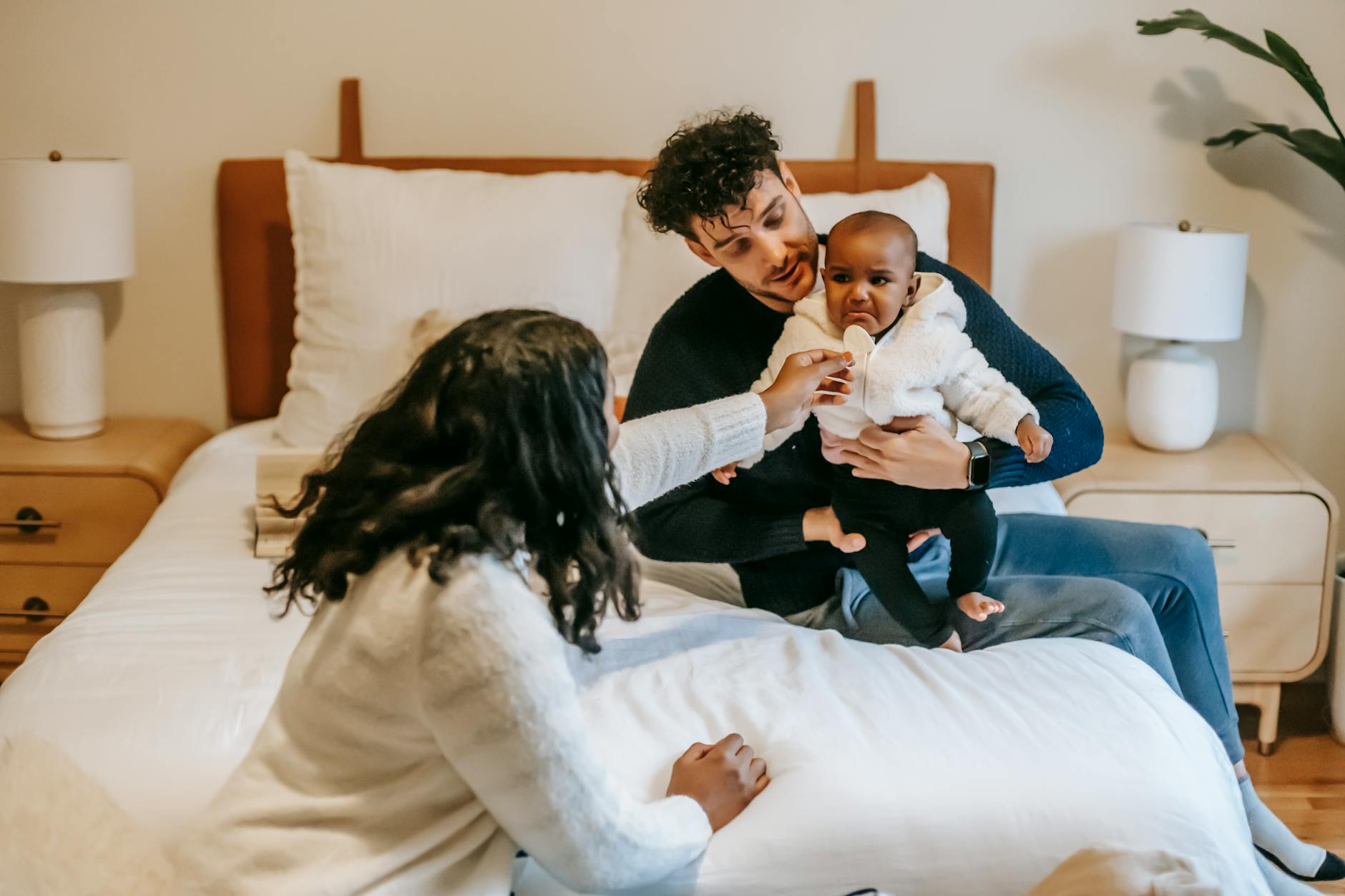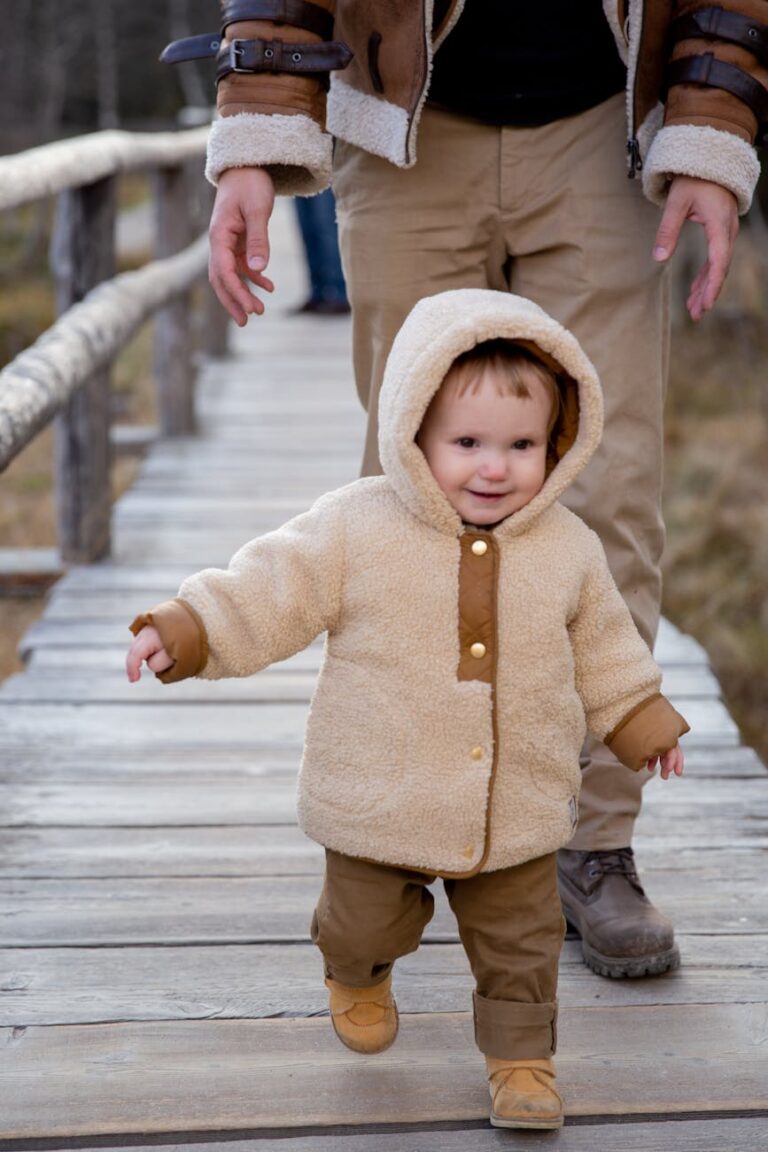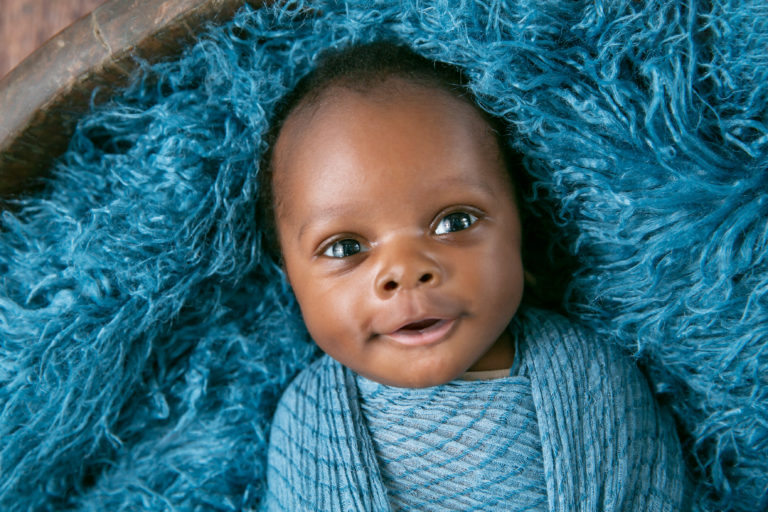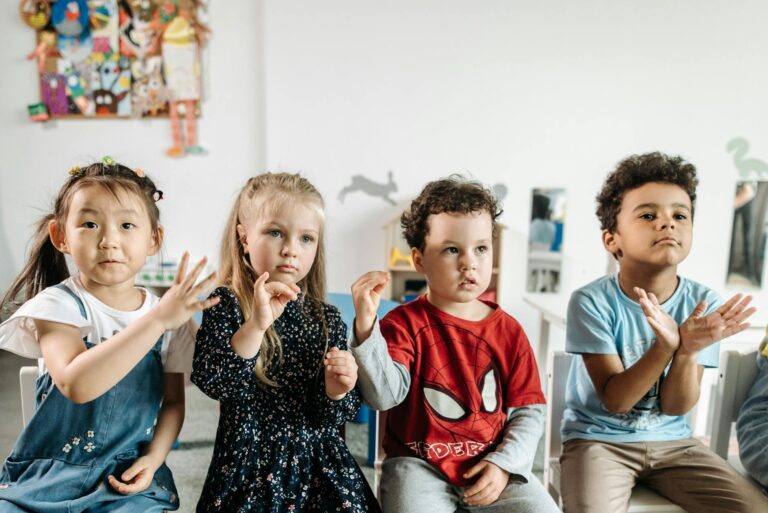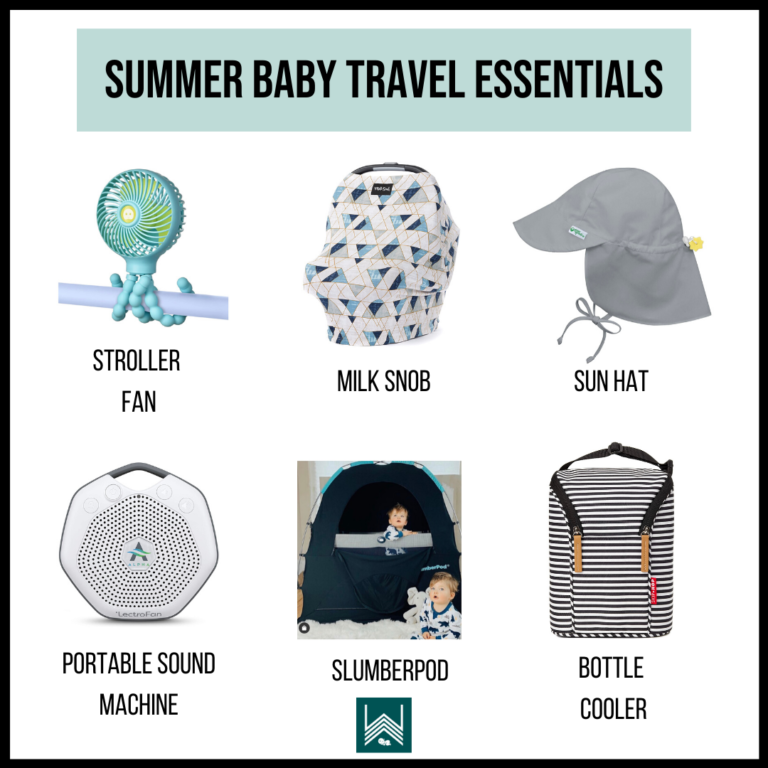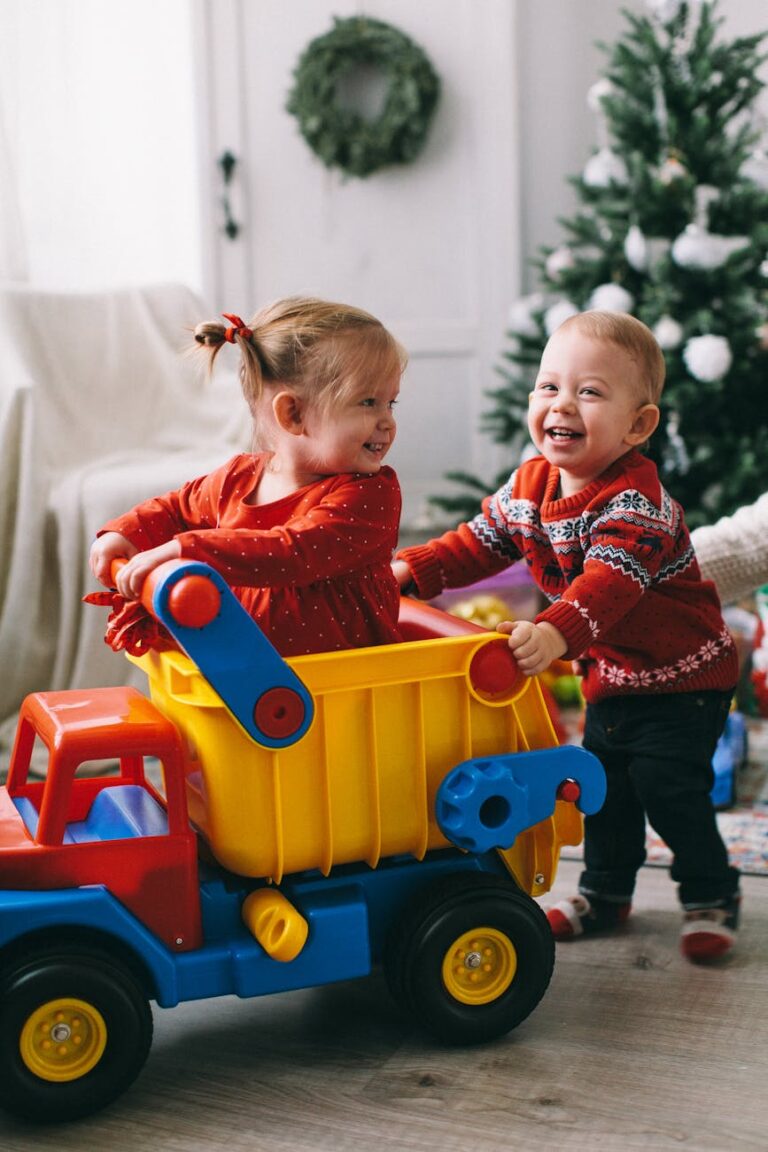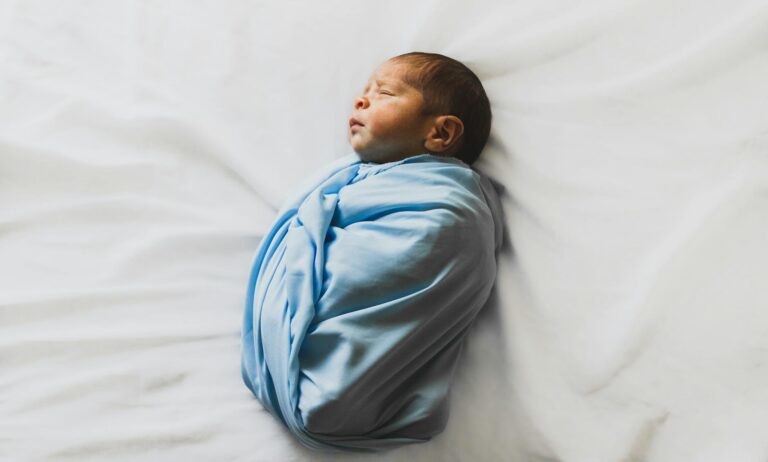Separation anxiety and sleep
separation anxiety: why, how and what to do
Although separation anxiety is an expected milestone in every baby and toddler it can cause new disruptions to a well established sleep routine. By definition, separation anxiety is: “the normal fear and apprehension expressed by infants when removed from their parents or approached by strangers.”
We can all relate to this as parents when our baby starts to cry the minute we walk away, sometimes even in the same room! And, no matter how easy it is to identify the cause of the crying, it could not be harder on our hearts when they do this.
what separation anxiety looks like
- Clingy
- More irritable during wake windows
- Wants to be held more frequently
- Cries as soon as you walk away or leave the room
why separation anxiety happens
Our babies are gaining awareness of their surroundings and their primary caretakers. They are beginning to feel a strong connection and know that they are loved by YOU! This is a positive developmental milestone and one that will pass with time!
what age does it happen?
Around 6 months your baby will develop object permanence meaning they know you are separate from them and that you exist even when they can’t see you. They also start to differentiate between familiar adults and strangers, which can sometimes lead to the onset of separation anxiety, although it’s not as common at this age.
Around 8-10 months, your baby will start to understand daily routines and activities you regularly participate in. If you go to a gym daycare or church daycare you may find that even though your baby has become familiar with the caregivers, they get upset as you check them in leading to separation anxiety tears.
Separation anxiety has another wave in the second year. This is a wider range of time. I see it as early as 14 months and as late as 21 months. It tends to peak at 14-18 months:
As a toddler who now can stand, say a few words, and even yell you may find new bedtime protest or tears every time you leave the room.
Separation anxiety may continue to come & go with life changes like moving homes, new siblings, or the start of a new daycare or school. All of these life changes can increase separation anxiety as your little one goes through the major transition with more uncertainty. Lots of 1:1 quality time supporting them throughout the day/evening can be helpful and intentional when showing them you are present.
what can you do to help separation anxiety
Introduce separation gradually throughout the day by practicing short departures and returns. Let your baby know you’ll be back by saying, “I’ll be right back,” when you leave the room for a moment. Return with a cheerful greeting to reassure your baby. Playful games like peek-a-boo and hide-and-seek can also help ease separation anxiety.
Avoid sneaking away when leaving your child at daycare or with a caregiver, as this can increase your baby’s anxiety by making them feel you might vanish without warning. Instead, say a brief goodbye and remind them that you’ll return. I like to say “I love you and I always come back.” Keep farewells short and neutral, and if possible, have a favorite toy or activity ready to distract your child.
Encourage independent play by staying nearby but giving your child space to explore on their own. This helps build their confidence and independence.
Teach your child to communicate their needs using simple words or gestures. For instance, if your baby wants to be picked up, teach them to say “up” while using hand motions. If your child starts to whine instead of communicating, redirect them to a different activity. This approach helps establish healthy boundaries and reinforces the importance of clear communication.
Navigating separation anxiety requires a balance between nurturing your bond with your child and setting clear boundaries. Effective communication and consistency on your part can help your baby feel secure while learning to be more independent.
separation anxiety and sleep
The first sign of separation anxiety affecting sleep is onset protest when you enter your baby’s room. Your baby is anticipating that sleep is coming and that you will be leaving. Your baby has made the connection that there will be a period of separation, but doesn’t yet understand the concept of time, so they don’t know if it will be 1 minute or 1 hour before they see you again.
Follow the steps below to help your baby work through the want/need for you while also keeping sleep on track! This is especially important with naps too as increased parental presence can be more stimulating and cause prolonged duration to fall asleep.
separation anxiety best practices
- Maintain a consistent bedtime routine with the same sequence to cue baby’s brain for sleep: bath, feed, book, sleep sack, song, goodnight! Try to avoid new sleep associations or habits such as rocking to sleep if your baby experiences new onset protest or crying due to separation anxiety at bedtime or naptime. This can quickly turn into a new habit that is expected and you will see even more crying.
- Predictability with familiar books and songs to help comfort baby: repetition is key to helping them feel comfortable with what comes next. They are not easily bored by reading or singing the same thing every night.
- Spend time in their room throughout the day to help build a positive association
- Establishing an I love You ritual with toddlers: give choices like picking 3 things in the room to say goodnight to, turning off the lights, and singing a song together
- If your child cries for you during the night, it is fine to go in and comfort them (after waiting a bit to see if they will self-soothe), if that is the approach you want to take. However, keep things boring and short, and don’t take them out of the crib. Basically, don’t make your presence something they look forward to. Comfort them, but don’t make your comfort turn into an expectation for every wake-up.
- Stay as consistent as possible. If one night you go in and comfort them each time they cry, but the next you decide to let them fuss or cry for a period of time they will find that they will cling harder and harder to the times you go in. Instead, choose an approach and stick with it. This also applies during the day, so try to structure your days as much as possible to be similar and follow a pattern.
Sleep resources to support your family
Is bedtime resistance, overnight wake ups, or short naps the norm?…I have a class for you! The 4-24 Month Well Rested Collection will walk you step-by-step through a completely customizable sleep training experience. In just a few weeks, your baby will be falling asleep independently, getting 11-12 hours of independent night sleep, AND you’ll have a plan to navigate any future regressions or bumps in your journey. I’ll also help you set up a daytime routine and nap schedule that fits your family’s lifestyle and values. And you’ll get age-specific guidance to meet your baby right where he or she is developmentally at every stage from now until your baby turns 2.
We also offer 1:1 personalized sleep coaching to families including newborn support and sleep training plans starting at 3 months of age up to 4 years!
We have custom sleep plans for families looking for personalized support, guidance, accountability, and feedback.

